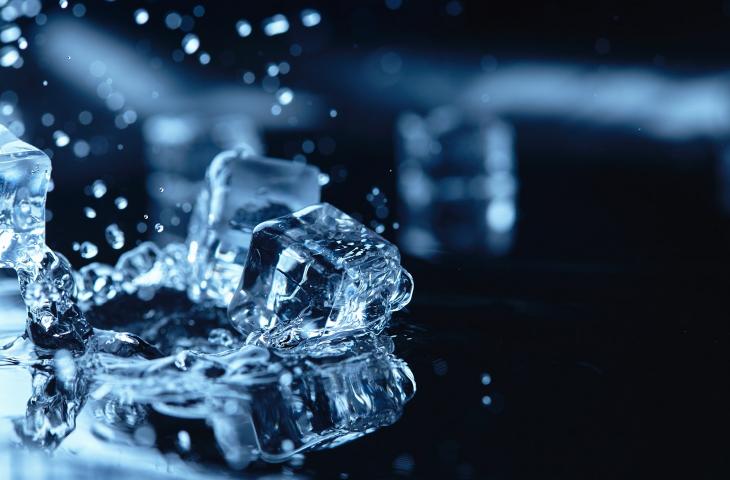Milan – A triangle between Milan, Rome and Ontario, Canada is to investigate the water of the subsoil and reconstruct the history of the water, so as to make the management of the water services more efficient and effective. These are the objectives of the project launched by the CAP Group in collaboration with La Sapienza of Rome and the University of Waterloo in Canada. In a few months they will provide the Milan water company with the most complete and evolved underground aquifer identity card ever, reconstructed based on the isotopic analysis.
Curiosity and studies
“Knowing about the underground routes is not only a scientific curiosity, but a practical tool for more effective and efficient industrial management. And even more so now that the aquifer is threatened by anthropogenic pressure, capable of transporting potential pollutants into the subsoil, and by a reduction in availability linked to climate change,” explained the President Alessandro Russo.
The research method
To examine the movement of groundwater, research is based on the isotopic analysis of both the water molecule and the compounds dissolved in the water, such as nitrates and sulphates. In fact, every chemical compound includes in its millions of molecules some different molecules composed of hydrogen or oxygen, for example, which are heavier because they are like atoms containing an extra neutron. The ratio between light and heavy isotopes is different depending on the origin, history and the route of the groundwater, thus allowing us to distinguish between the different groundwaters, even if they have the same chemical composition. The project the CAP Group geologists are working on, together with the Department of Earth Sciences of the Sapienza University of Rome and the researchers from the University of Waterloo (Canada), is now at an advanced stage and the results should be available soon.
by Salvatore Galeone











